Need to clearly define tasks and limits of responsibility
On the afternoon of June 17, speaking at the meeting of the group at the 7th session of the 15th National Assembly, Minister of Finance Ho Duc Phoc discussed and clarified issues related to regulations on prohibited acts for tax authorities in implementing value added tax (VAT) and the responsible acts of tax authorities, tax officers and enterprises.
According to Minister Ho Duc Phoc, after receiving comments from the National Assembly Standing Committee, the drafting agency has included this provision in the law.
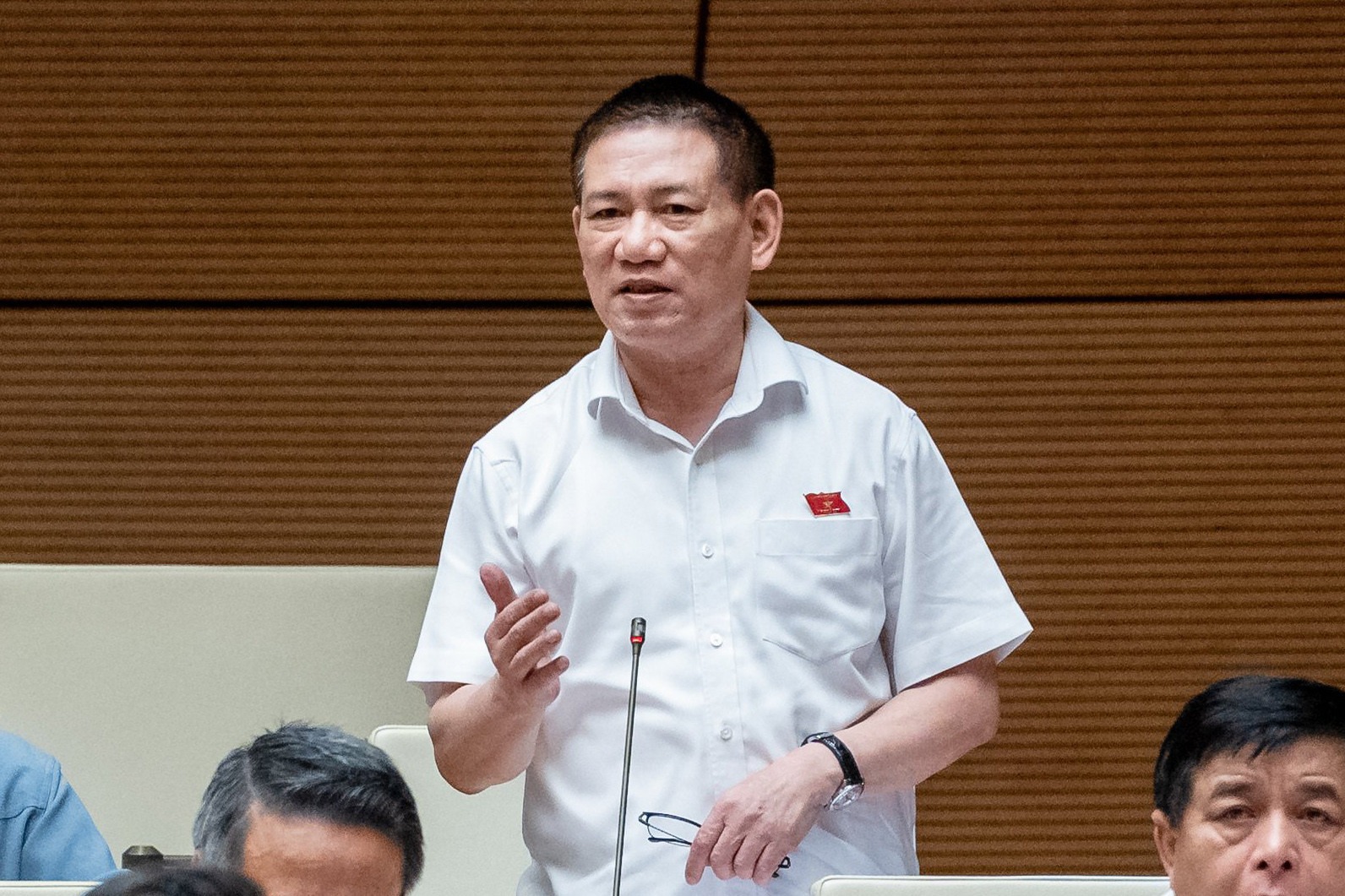
Minister of Finance Ho Duc Phoc.
According to Mr. Phuc, the responsibilities of taxpayers, businesses, and tax authorities, tax officials, and civil servants must be clearly defined according to the principle that "whoever does wrong must take responsibility".
He analyzed that if the tax refund documents provided by the enterprise are fake invoices and the tax authority cannot check and trace each source. Meanwhile, the regulation on pre-refund - post-inspection period is 4 days and the pre-inspection - post-refund period is 40 days, it cannot be processed. Ultimately, the tax officer must bear the responsibility.
"We must have regulations on functions, tasks, scope of work, and limits of responsibility to be able to work strongly and ensure budget revenue," the Minister emphasized.
Minister Phuc stated that currently, in the tax sector, there is a situation of invoice fraud to fraudulently obtain tax refunds and the police have prosecuted many cases. Therefore, it is necessary to clarify so that those who commit fraud must be held responsible.
"If the tax authority checks the documents and they are incorrect, the tax authority and the inspector must take responsibility. The person who creates evidence, fake documents, or incorrect documents must also take responsibility. This must be similar, one person cannot blame another, it is very difficult to do," said Mr. Phuc.
With a rigid regulation of 100 million VND/year, VAT collection will easily become obsolete.
Regarding the collection of VAT for business households or individuals with revenue under 100 million VND/year, according to the Minister of Finance, if calculated in 5 years, with a depreciation rate of about 5%, it is clear that in just 5-10 years, this regulation will be outdated.
Minister Phuc said that we should boldly assign the Government to regulate this threshold, so that when there are fluctuations, the Government will adjust it appropriately.
"I want to emphasize the issue of decentralization. When the currency depreciates and the level is not suitable and the law has not been amended, the Government will issue appropriate regulations. If we only have a rigid regulation that every 100 million VND/year is exempt from tax; when income increases, we start collecting taxes, which will easily lead to disagreement among people and businesses," the Minister of Finance analyzed.
In addition, the Minister also emphasized that tax is a regulatory tool and that experience in developed countries has shown that tax tools are used very flexibly. Countries almost authorize the President, represented by the Ministry of Finance, to immediately raise tax rates when imported goods affect domestic production.
Emphasizing that supervision is still needed, the Minister said that if decentralization, authorization and control work are strengthened, regulatory tools will certainly be more flexible and effective.
At the meeting, the Minister of Finance also explained why the removal of the VAT exemption for imported goods of small value was included in the law.
According to him, previously, when implementing the International Convention on Harmonization and Simplification of Customs Procedures (Kyoto Convention) dated May 18, 1973, which Vietnam signed, the law stipulated that if the minimum value or the minimum amount of customs duty and other taxes were below a small level, then customs duty and other taxes would not be collected.
But Decree 134 of 2016 and Decision 78 of the Prime Minister require the collection of this tax.
The minister cited examples such as the European Union (EU) that have abolished the VAT exemption for shipments valued at 22 euros (about 600,000 VND) or less. The UK has also abolished the VAT on imported goods valued at 135 pounds (equivalent to 4.3 million VND) or less from January 1, 2021.
Meanwhile, Thailand has started collecting a 7% VAT on all imported goods from May 2024.
Source: https://www.baogiaothong.vn/bo-truong-tai-chinh-rach-roi-trach-nhiem-thue-vat-ai-sai-nguoi-do-chiu-192240617185127724.htm



![[Photo] National Assembly Chairman Tran Thanh Man attends the ceremony to celebrate the 1015th anniversary of King Ly Thai To's coronation](https://vstatic.vietnam.vn/vietnam/resource/IMAGE/2025/4/13/6d642c7b8ab34ccc8c769a9ebc02346b)
![[Photo] National Assembly Chairman Tran Thanh Man attends the Policy Forum on Science, Technology, Innovation and Digital Transformation](https://vstatic.vietnam.vn/vietnam/resource/IMAGE/2025/4/13/c0aec4d2b3ee45adb4c2a769796be1fd)
![[Photo] Prime Minister Pham Minh Chinh chairs the Government's special meeting on law-making in April](https://vstatic.vietnam.vn/vietnam/resource/IMAGE/2025/4/13/8b2071d47adc4c22ac3a9534d12ddc17)




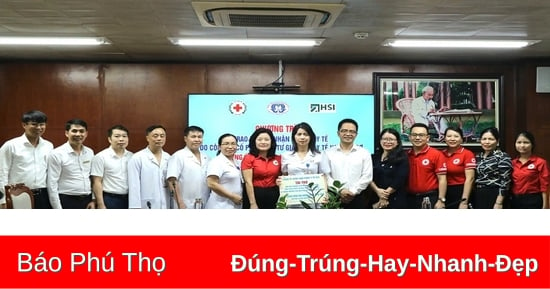

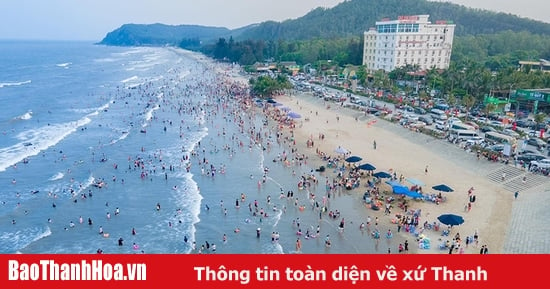


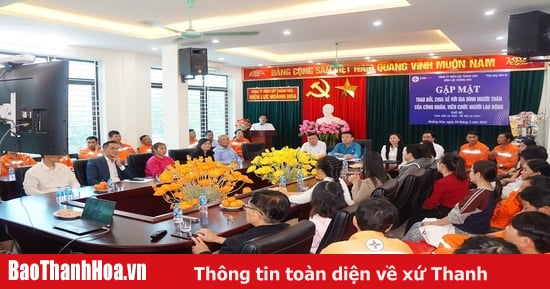
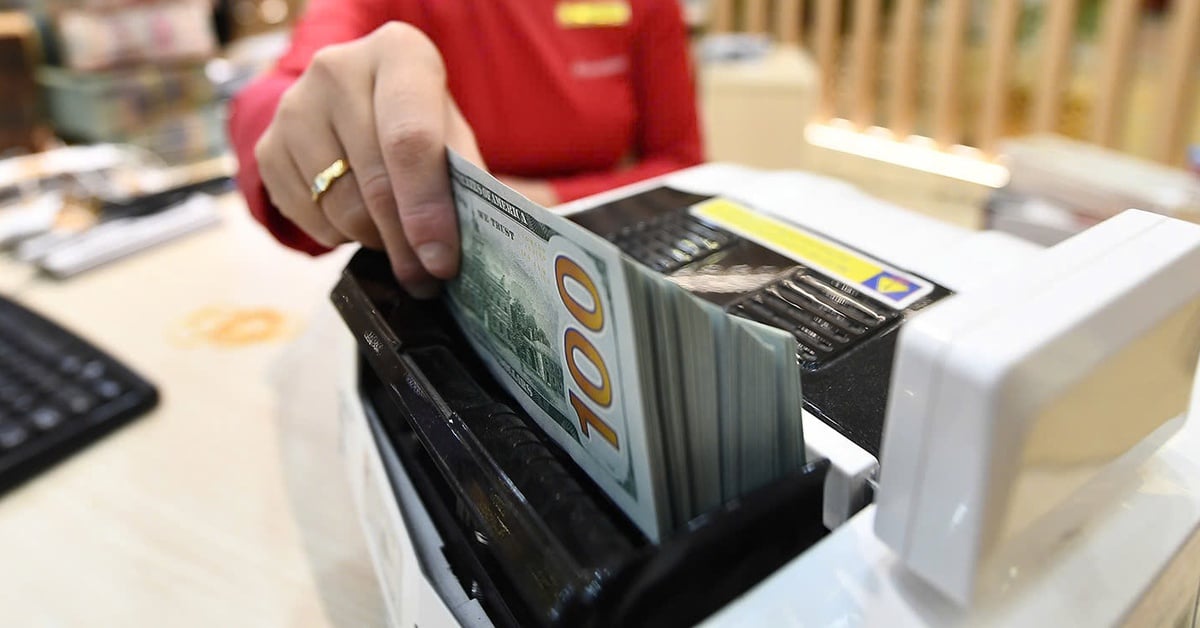




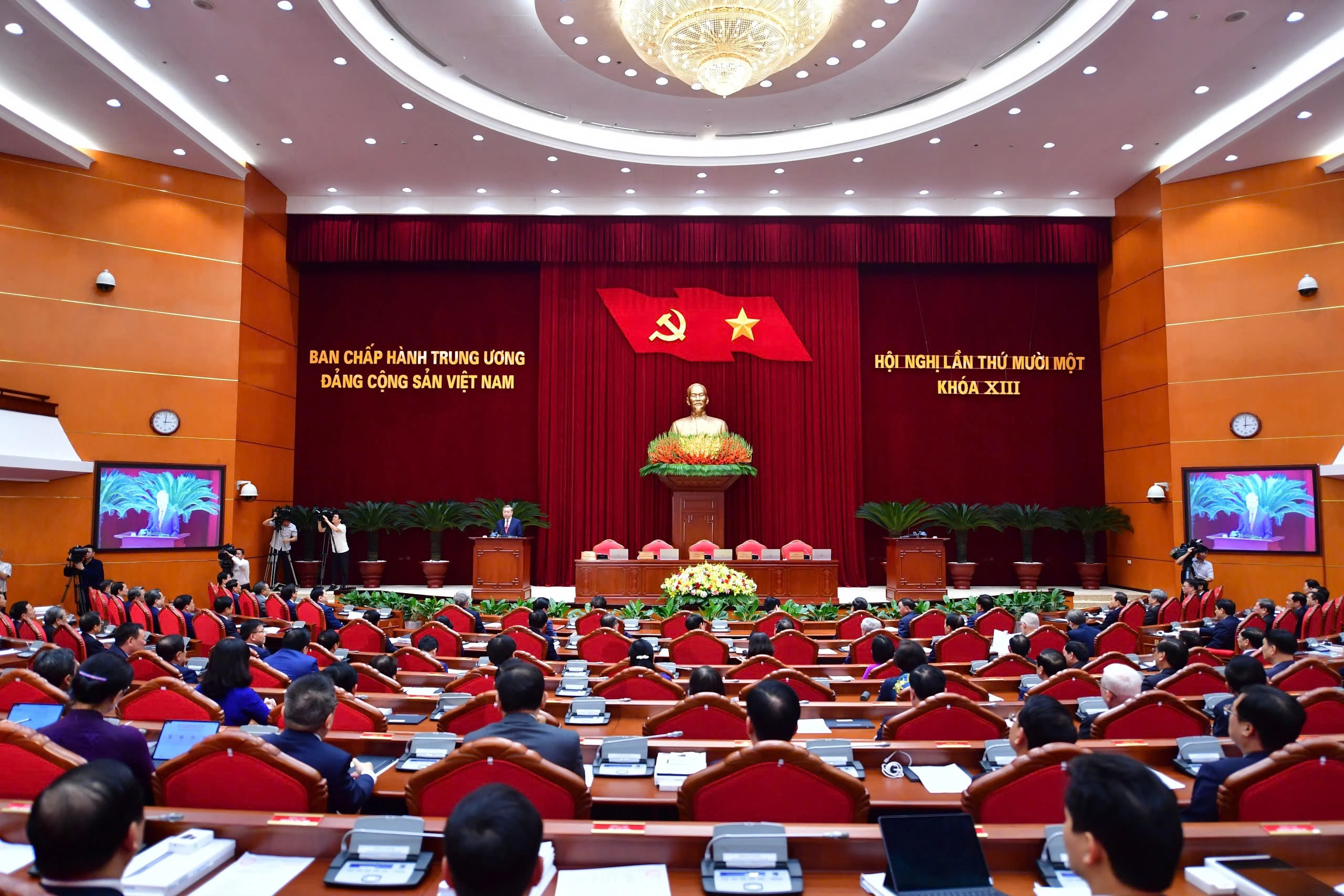

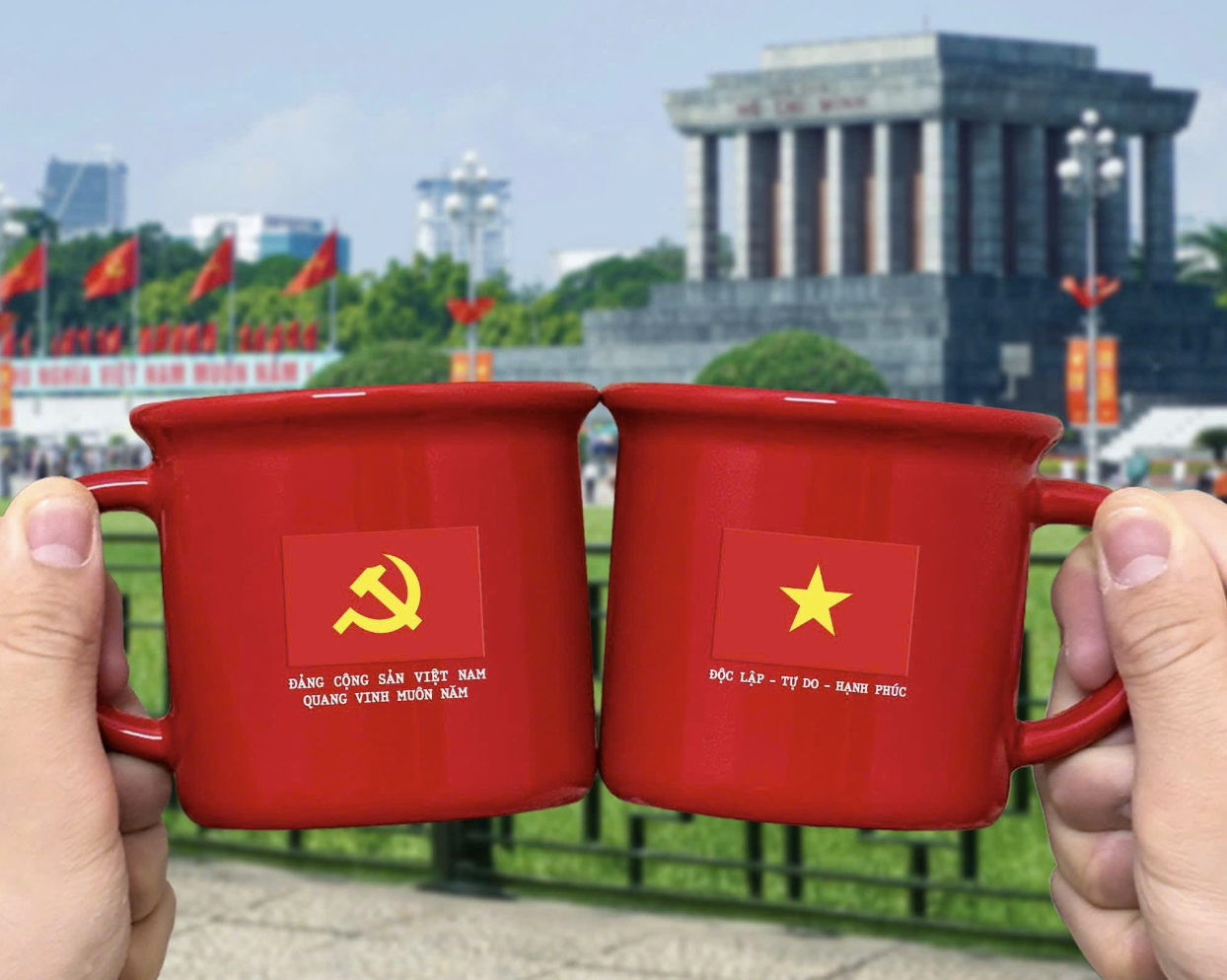









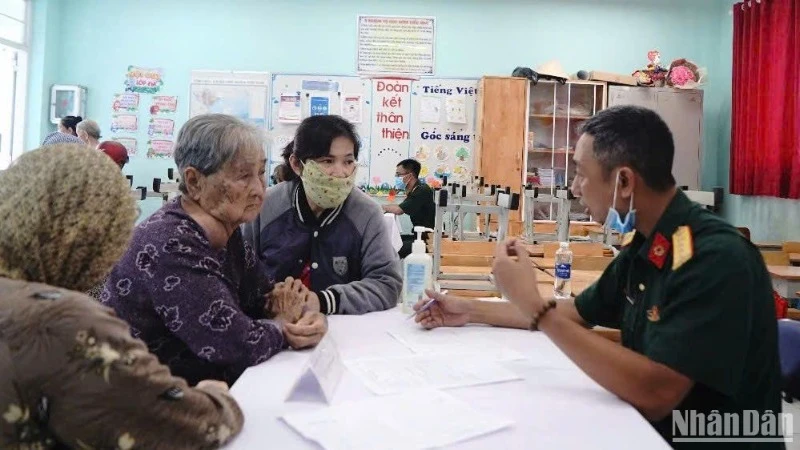





























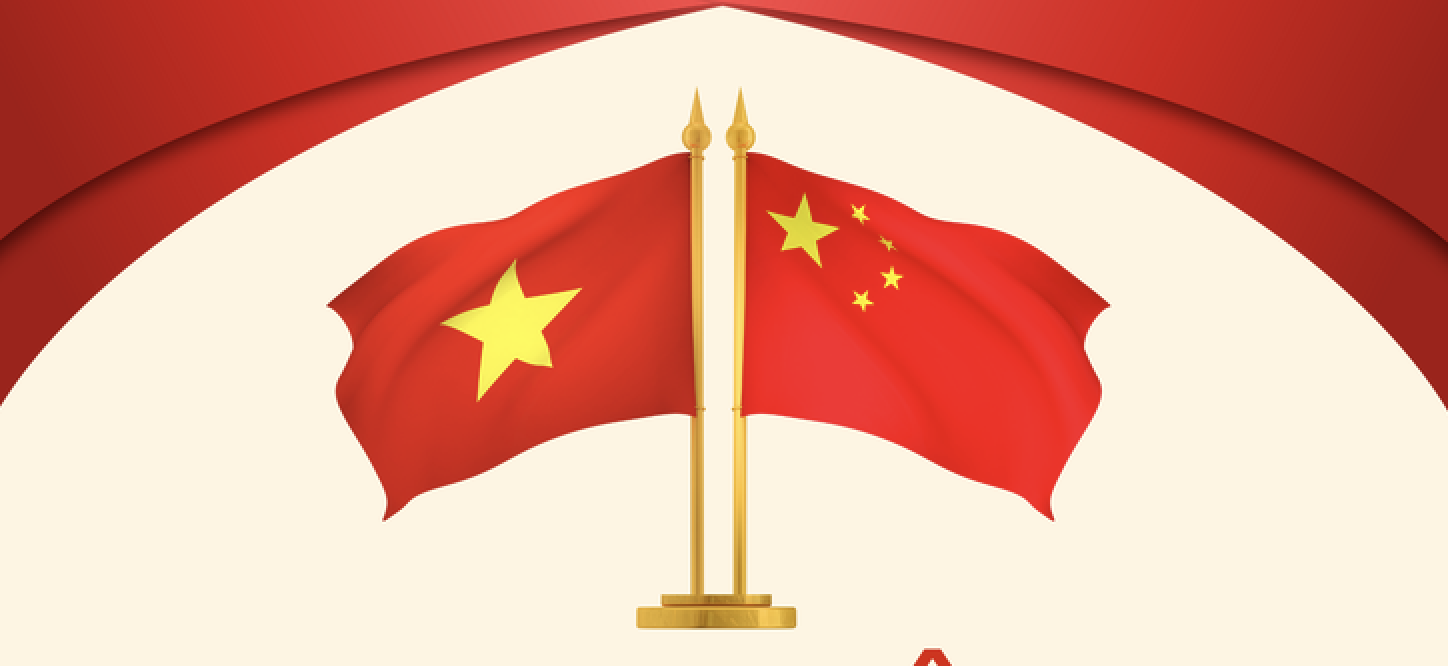
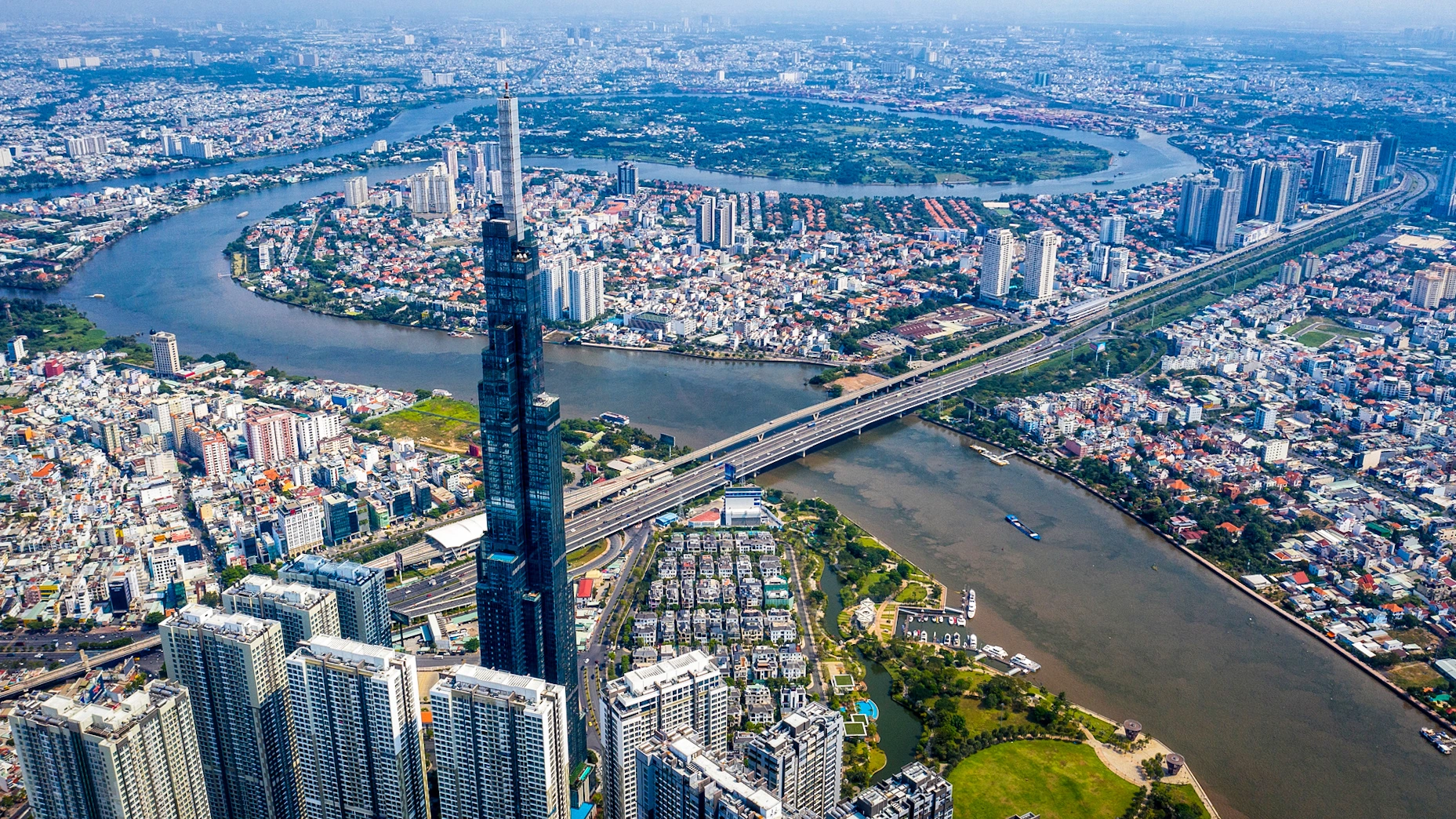





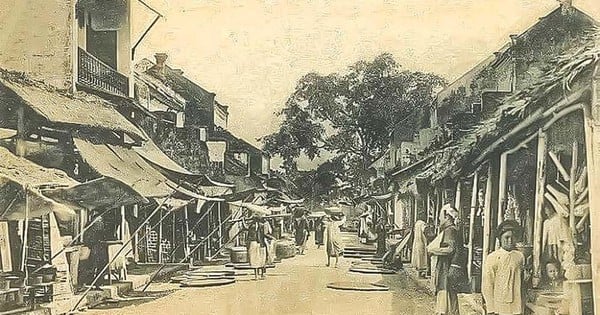



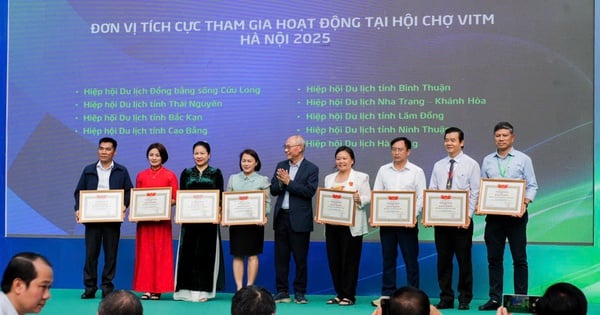



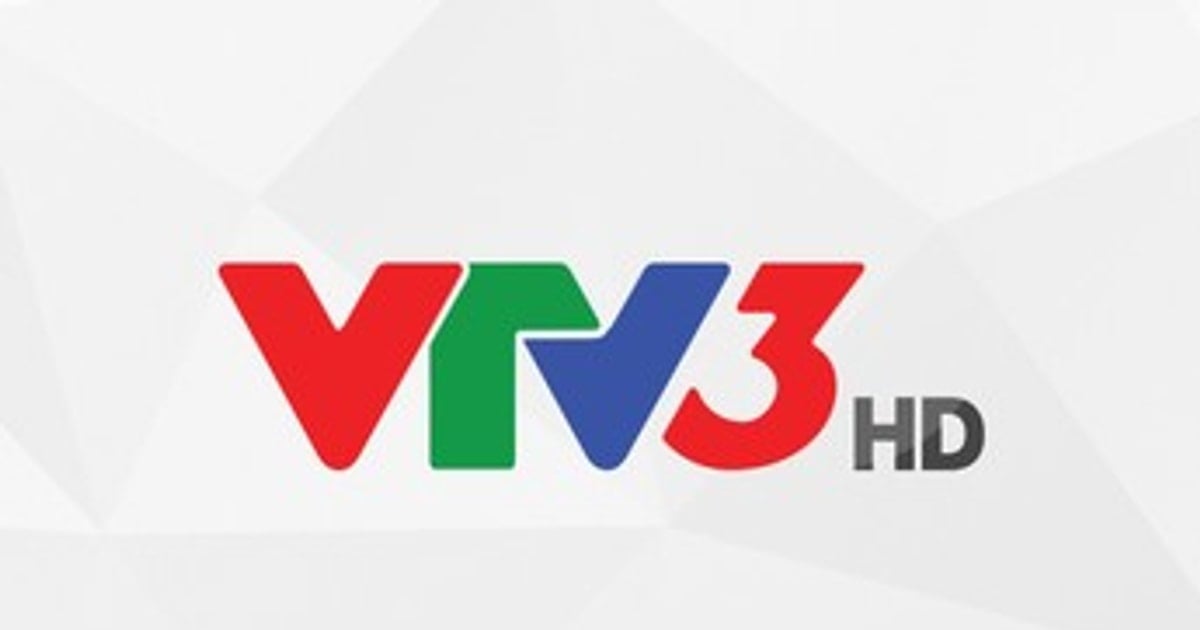

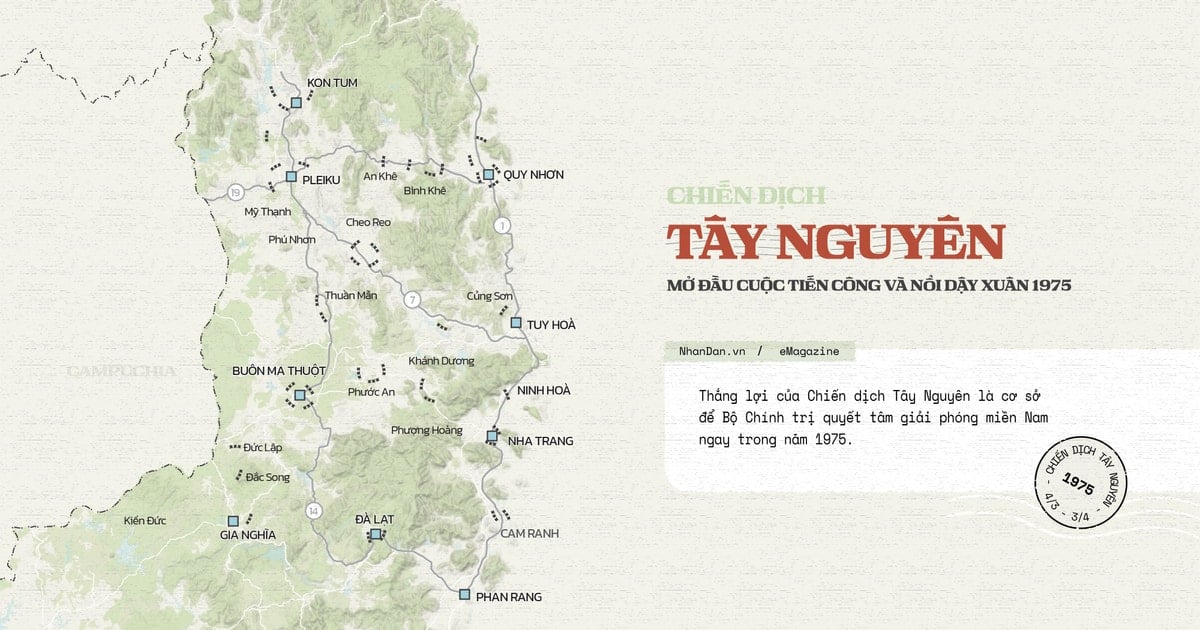
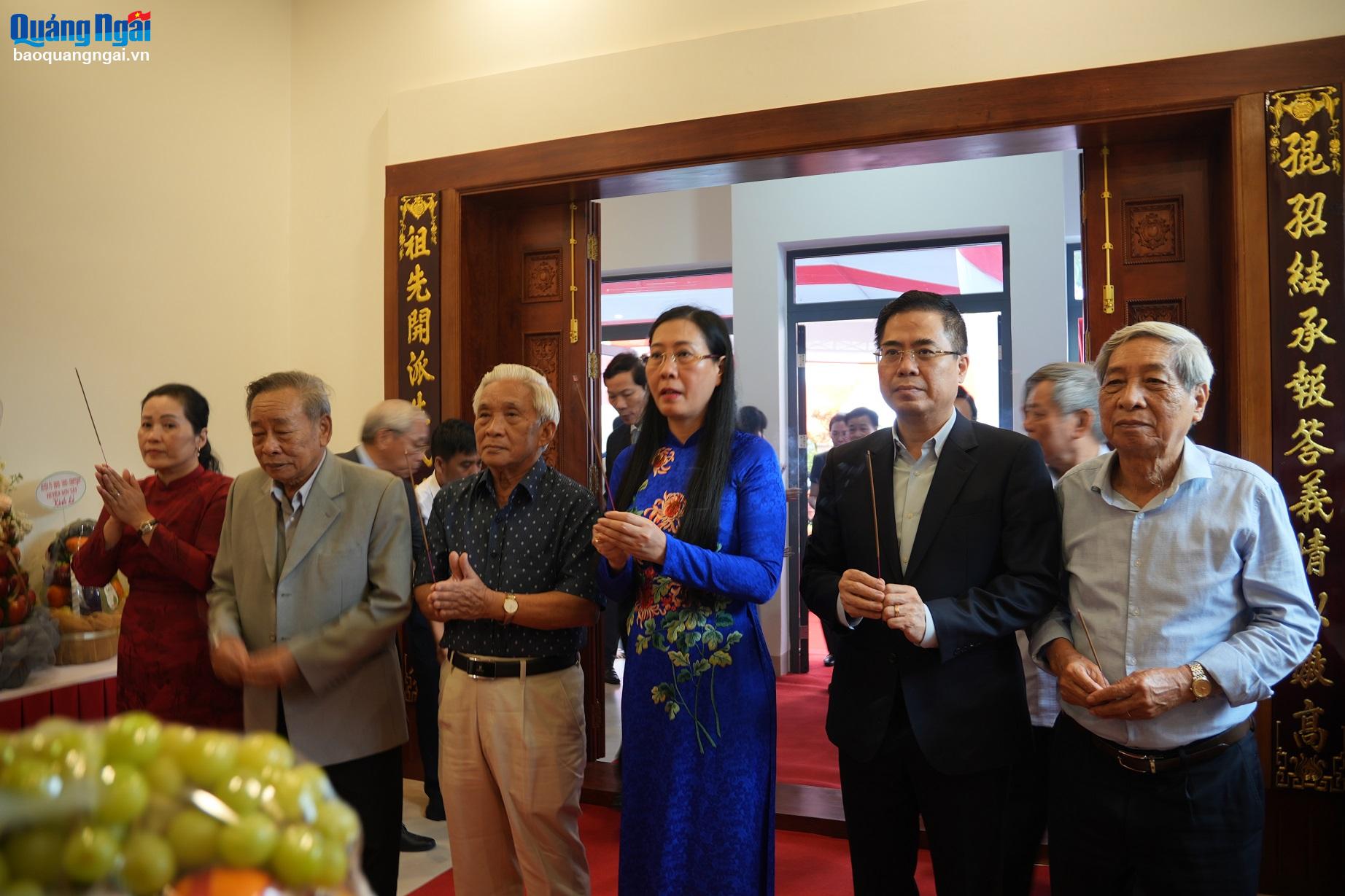
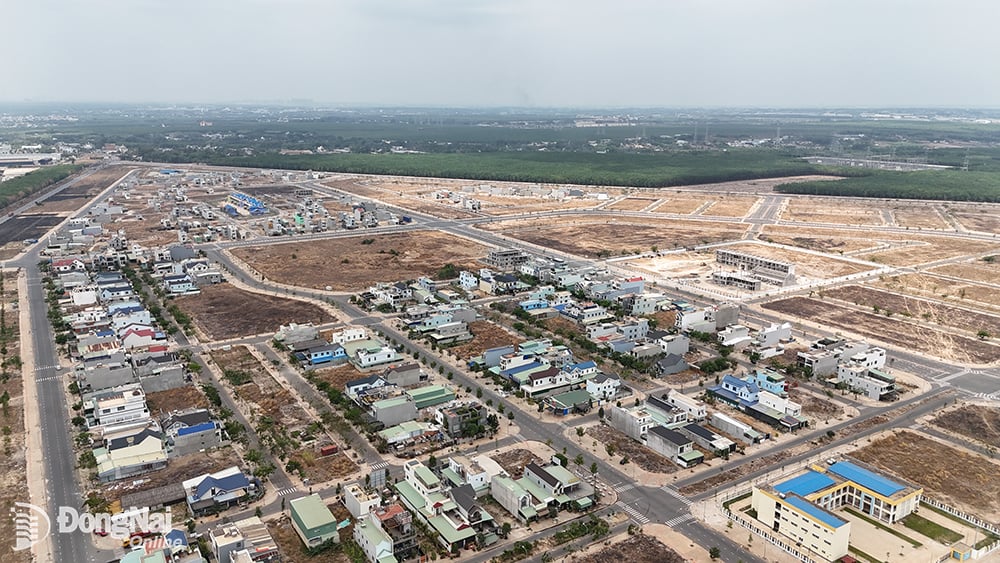

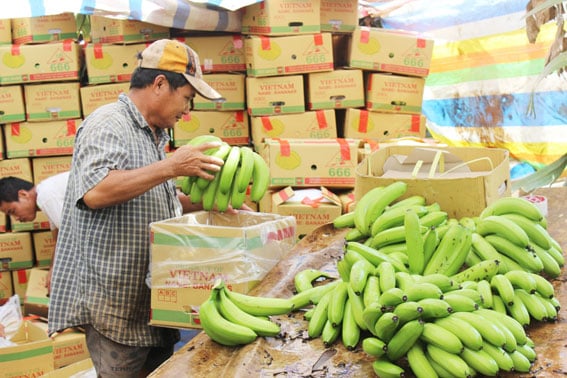










Comment (0)